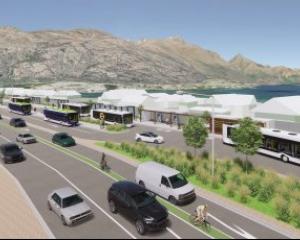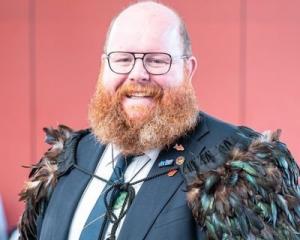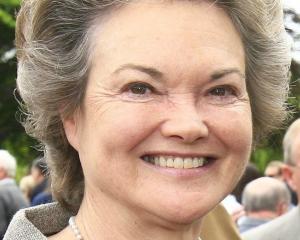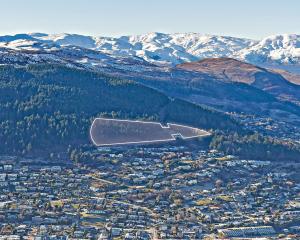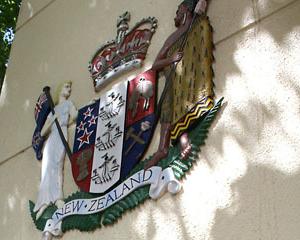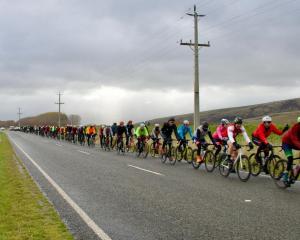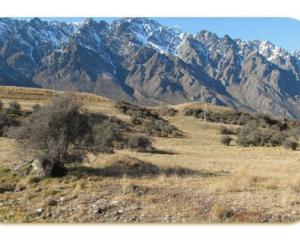A Queenstown resident has urged the Queenstown Lakes District Council to rezone rural land to rural lifestyle so future generations have a chance of staying in the district.
Stewart Mahon, of Morven Ferry, addressed the panel at the reconvened hearing of submissions on the council's proposed district plan in Queenstown yesterday.
He supported proposed changes to the rural zone, which included the rural lifestyle zone, in which minimum lot sizes of 1ha would be allowed with a 2ha average retained.
Buildings located within approved platforms would be allowed without the need for resource consent, subject to a range of standards.
Mr Mahon, who owned a rural property of about 14ha, zoned rural, told the hearings panel he had lived in the Wakatipu for 27 years and had raised two children there.
They could not afford to get on to the property ladder, given the current market, unless Mr Mahon could subdivide his land.
If that could not happen, his children, and many others like them, would have to leave their home town.
"I came here as a tradesman 27 years ago and got a start.
"The next generation can't afford the $700,000 to $800,000 to get going.
"It's all about supply and demand - we need to rezone more land. You can't leave it to the housing trust to try and solve a simple problem.''
Further, Mr Mahon believed if the zoning was reclassified, it would provide opportunities in the rural area, particularly in cycle tourists.
Morven Ferry Rd was beside part of the Queenstown Trail, which will eventually connect to a Cromwell trail and several other cycle trails, following an announcement by Prime Minister John Key at the weekend.
Mr Mahon said there were "huge economic benefits'' for the community should some development be allowed in the rural area. That could include bike hire outlets, cafes and some accommodation for cyclists.
"[If you] enable more economic activity, eventually, when it connects to Cromwell, it will end up being a tourism icon.''
However, Ben Lomond homestead resident Clive Manners Wood took issue with part of the proposed changes in the rural zone, specifically in relation to the allowance of "informal airports''.
That was subject to "new standards'', including no more than three flights a week and take-offs and landings being at least 500m from a property boundary or road.
Mr Manners Wood, who has been campaigning against helicopter noise pollution for 10 years, contended several matters had not been considered by the council.
There was no evidence of community support and no explanation why existing noise controls had been "discarded''.
Further, the council seemed to show a lack of understanding that "people live in rural areas for peace and quiet'' and there had been no evaluation of the cumulative effect of the proposal.
Under the New Zealand Standard, helicopter noise would be averaged out over 24 hours, instead of the 15 minutes used at present.
"Three flights a week is just trying to get the foot in the door,'' Mr Manners Wood said. "The clear issue is simply about noise pollution. The fact you can't see it, taste it or smell it may explain why it's not received as much attention as other pollution.''
He said Queenstown was striving to become a "more mature resort'' and suggested it could look to sister city Aspen for guidance.
There, all helicopter flyovers and landings were banned because "they're serious about noise pollution''.
"It's important to retain the status quo for future generations and our visitors,'' he said.


